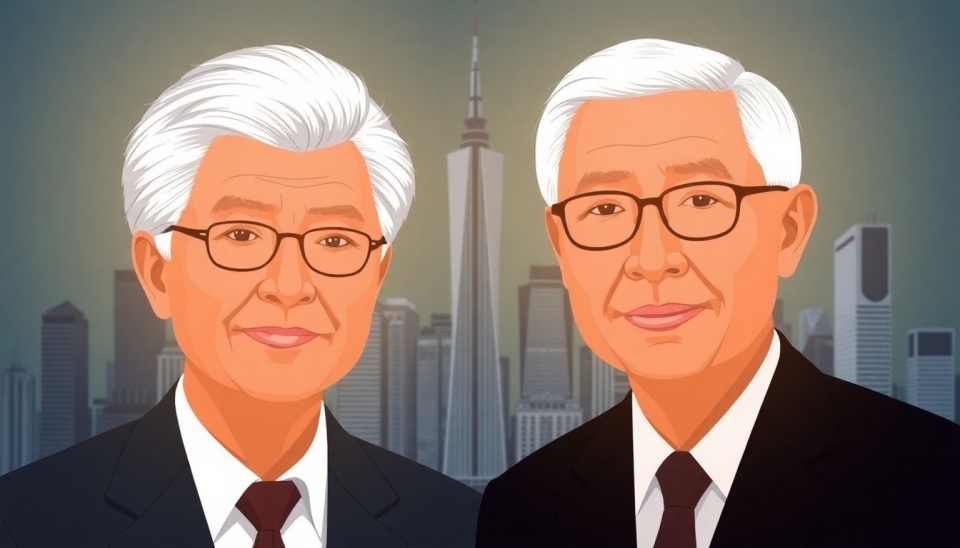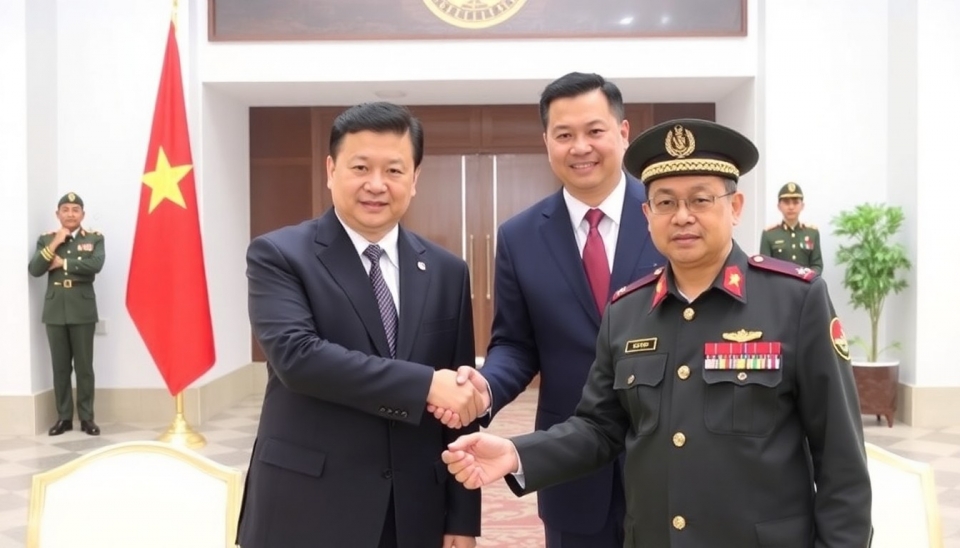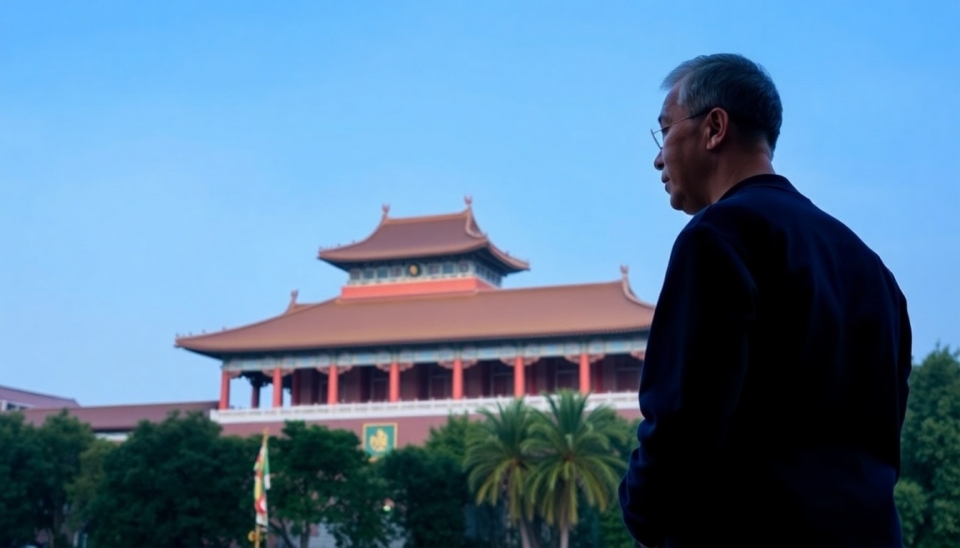
In a bold move reflecting the intensifying trade rivalries between China and the United States, a prominent Chinese lawmaker has suggested that enhancing the confidentiality surrounding the nation’s semiconductor sector could be a strategic approach to circumvent ongoing US chip restrictions. This proposal underscores the lengths to which Beijing is willing to go to protect its technology industry amid increasing diplomatic tensions.
During a recent session of China’s National People's Congress, legislator Zhang Ming, who serves on a key technological innovation committee, articulated a perspective that resonates with many Chinese officials. He argued that obscuring certain aspects of the chip-making process could potentially shield the industry from sharp US sanctions that have stifled access to vital components and technologies.
The lawmaker highlighted that the US administration has been leveraging its dominance in advanced technology to impose restrictions that are often couched in national security concerns. Zhang contended that these pressures have propelled China to become more self-reliant and innovative, yet, the inherent secrecy could provide a tactical advantage against US scrutiny.
More specifically, the concept of enhanced secrecy revolves around various methodologies that could be implemented throughout the supply chain. This includes limiting the disclosure of sensitive information related to chip production, equipment sourcing, and supplier networks. By tightening the flow of information, Chinese manufacturers could better shield their operations from US surveillance and potential sanctions.
This proposal is not merely anecdotal; it represents a broader sentiment among Chinese officials who are increasingly prioritizing domestic technological advancement to counter Western pressures. The semiconductor industry, in particular, has been identified as a critical area of development due to its central role in modern technology and its foundational importance to economic competitiveness.
As part of a national strategy aimed at achieving self-sufficiency in technology, Zhang advocated for increased investment in research and development, as well as fostering an ecosystem that encourages collaboration among technology firms, academia, and government entities. However, he also stressed the necessity of protecting proprietary research and innovation processes from outside interference.
The ramifications of this proposal are profound, potentially marking a shift toward an increasingly insulated technological ecosystem in China, which could further complicate international relations and economic landscapes globally. Analysts suggest that while increased secrecy may offer immediate tactical benefits for Chinese firms, it could also lead to long-term isolation from global technological advancements.
In a world where technological supremacy is a primary battleground for national power, the stakes are extraordinarily high. As China continues to navigate the labyrinth of US restrictions, the lawmaker's advocacy for greater secrecy might be a harbinger of a new phase in the ongoing tech war between the two superpowers. How this will play out both domestically within China and internationally remains to be seen.
In summary, the call for enhanced confidentiality from a high-ranking official not only reflects the current challenges faced by the Chinese semiconductor industry in the wake of US sanctions but also highlights a potential paradigm shift in how China approaches technological innovation amidst geopolitical tensions.
#China #Semiconductors #TechWar #USChinaRelations #TradeRestrictions #Innovation #Secrecy
Author: Liam Carter




